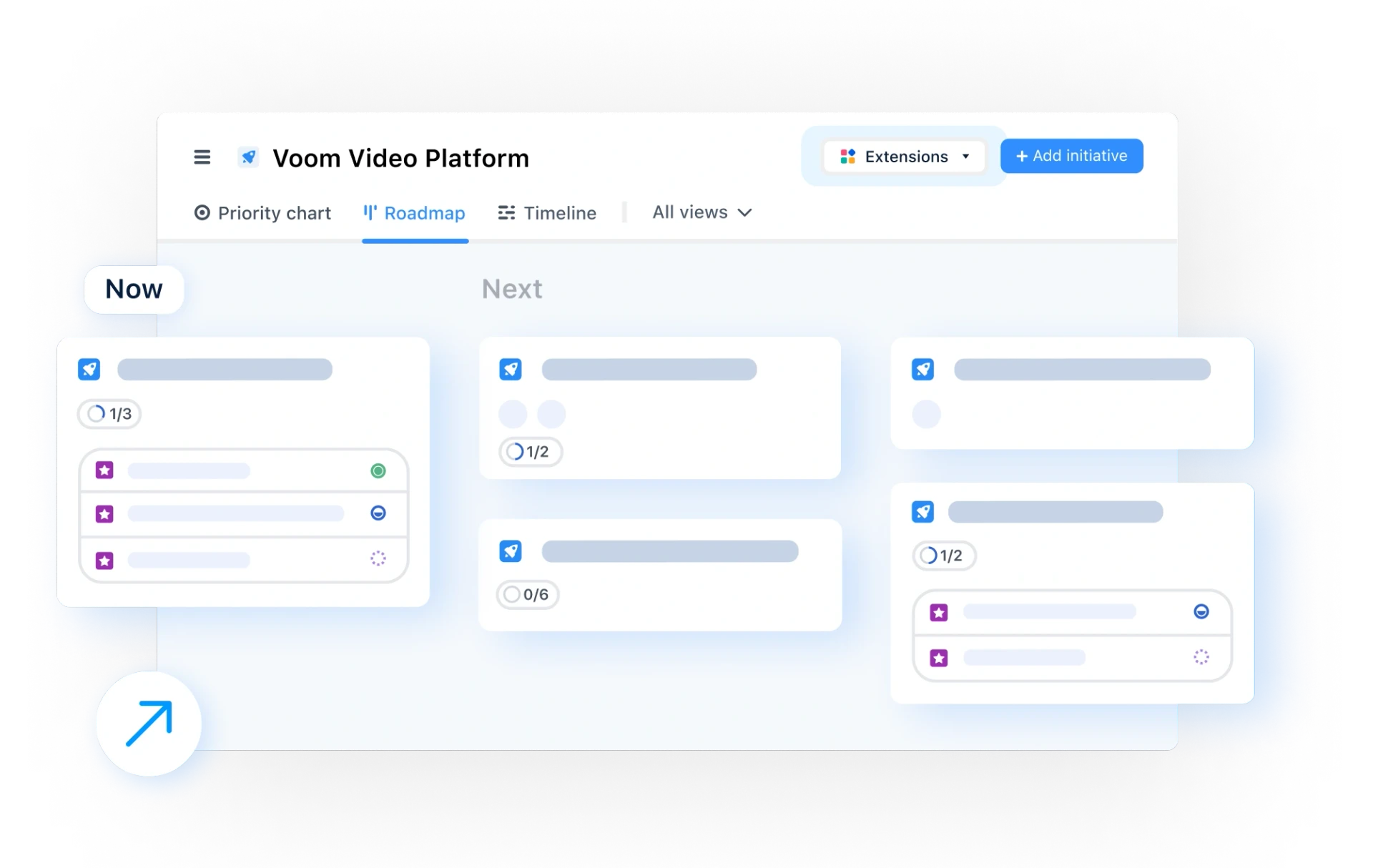Business Plan
What is a business plan?
Definition of a business plan
A business plan is a strategic document which details the strategic objectives for a growing business or startup, and how it plans to achieve them.
In a nutshell, a business plan is a written expression of a business idea and will describe your business model, your product or service, how it will be priced, who will be your target market, and which tactics you plan to use to reach commercial success.
Whilst every enterprise should have a plan of some sort, a business plan is of particular importance during the investment process. Banks, venture capitalists, and angel investors alike will need to see a detailed plan in order to make sound investment decisions — think of your plan as a way of convincing them your idea is worth their resources.
Business plans can also be useful as a guide to keeping a new business on track, especially in the first few months or years when the road ahead isn’t too clear.
Who should write a business plan?
Starting a business isn’t an exact science. Some companies organically develop out of trial and error, while others are plotted out from start to finish.
So if you’re asking whether your company needs a lengthy business plan, the answer would be ‘no’. That said, there are definitely a few situations in which writing a plan makes sense and can help increase the chances of a business becoming successful:
For tech startups with no trading history, such as SaaS companies, a business plan can be an invaluable tool for securing long-term funding.
In situations when the market is new and untested — or simply volatile — it can be very helpful to have a business plan to refer back to when the road ahead isn’t clear.
For those who have an exciting business idea but haven’t necessarily distilled it down into black-and-white. Writing a business plan is a great way to look at a concept from all angles and spot any potential pitfalls.
How to write a business plan?
The most important step in writing a business plan is to identify its purpose.
Who are you trying to attract with it, and why?
Here are a few key pointers for writing a business plan:
Are you looking to secure a bank loan, get funding from private investors, or to lure skilled professionals to join you?
Include a brief history of your business, the concept, and the products or services. Keep it professional and transparent.
Don’t exaggerate your experience or skills, and definitely don’t leave out information investors need to know. They’ll find out at some point, and if they discover you lied, they could break off their involvement. Trust is crucial.
Explain what the product or service your business offers in simplistic terms.
Watch out for complex language and do whatever you can to prevent readers from becoming confused.
Focus on the benefits the business offers, how it solves the core audience’s problem(s), and what evidence you have to prove that there is a space in the market for your idea. It’s important to touch on the market your business will operate in, and who your main competitors are.
Another essential aspect of writing an effective business plan is to keep it short and sweet. Just focus on delivering the crucial information the reader has to know in order to make a decision. They can always ask you to elaborate on certain points later.
Pros and cons of a business plan
Still, deciding whether or not a business plan will benefit you at this stage of your venture?
Let’s look at a few reasons why you might (or might not) want to write a business plan.
Pros
A business plan will help you to secure funding even when you have no trading history. At the seed stage, funding is all-important — especially for tech and SaaS companies. It’s here that a business plan can become an absolute lifesaver.
Your business plan will maintain a strategic focus as time goes on. If you’ve ever heard of “mission creep”, you’ll know how important an agreed can be — and your business plan serves exactly that purpose.
Having a plan down in black and white will help you get other people on board. Again, with no trading history, it can be hard to convince new partners that you know what you’re doing. A business plan elegantly solves this problem.
Cons
Your business plan can cause you to stop looking outward. Sometimes, especially in business, you need to be reactive to market conditions. If you focus too much on your original business plan, you might make mistakes that can be costly or miss golden opportunities because they weren’t in the plan.
A lot of time can be wasted analyzing performance. It’s easy to become too focused on the goals and objectives in your business plan — especially when you’re not achieving them. By spending too much time analyzing past performance and looking back, you may miss out on other ways to push the business forward.
A business plan is out of date as soon as it’s written. We all know how quickly market conditions change. And, unfortunately, certain elements in your business plan may have lost relevance by the time you’re ready to launch. But there is another way — by transferring your strategic plan into an actionable roadmap, you can get the best of both worlds. The business plan contains important detail that is less likely to change, such as your mission statement and target audience, and the roadmap clarifies a flexible, adaptable, route forward.
The anatomy of a business plan
So, you’ve decided to write a business plan — a great choice!
But now comes the tricky task of actually writing it.
This part can be a little frustrating because there is no one-size-fits-all template appropriate for all business plans. The best approach, in fact, is to look at common ingredients of a business plan and pick out the ones that make sense for your venture.
The key elements of a great business plan include:
An overview of the business concept. This is sometimes referred to as an executive summary and it’s essentially the elevator pitch for your business.
A detailed description of the product or service. It’s here that you’ll describe exactly what your core offering will be — what’s your USP, and what value do you deliver?
An explanation of the target audience. You need a good understanding of who you’ll be selling your product or service to, backed up by recent market research.
Your sales and marketing strategy. Now that you know who you’re targeting, how do you plan to reach them? Here you can list primary tactics for finding and maintaining an engaged client base.
Your core team. This section is all about people: do you have a team behind you already? If not, how will you build this team and what will the timeline be? Why are you the right group of people to bring this idea to the market? This section is incredibly important when seeking external investment — in most cases, passion can get you much further than professional experience.
Financial forecasts. Some investors will skim the executive summary and skip straight to the finances — so expect your forecasts to be scrutinized in a lot of detail. Writing a business plan for your eyes only? That’s fine, but you should still take time to map out your financial requirements: how much money do you need to start? How do you plan to keep money coming in? How long will it take to break even? Remember, cash is king. So you need a cash flow forecast that is realistic, achievable and keeps your business afloat, especially in the tricky first few years.

General FAQ

Glossary categories
Build great roadmaps

Experience the new way of doing product management








